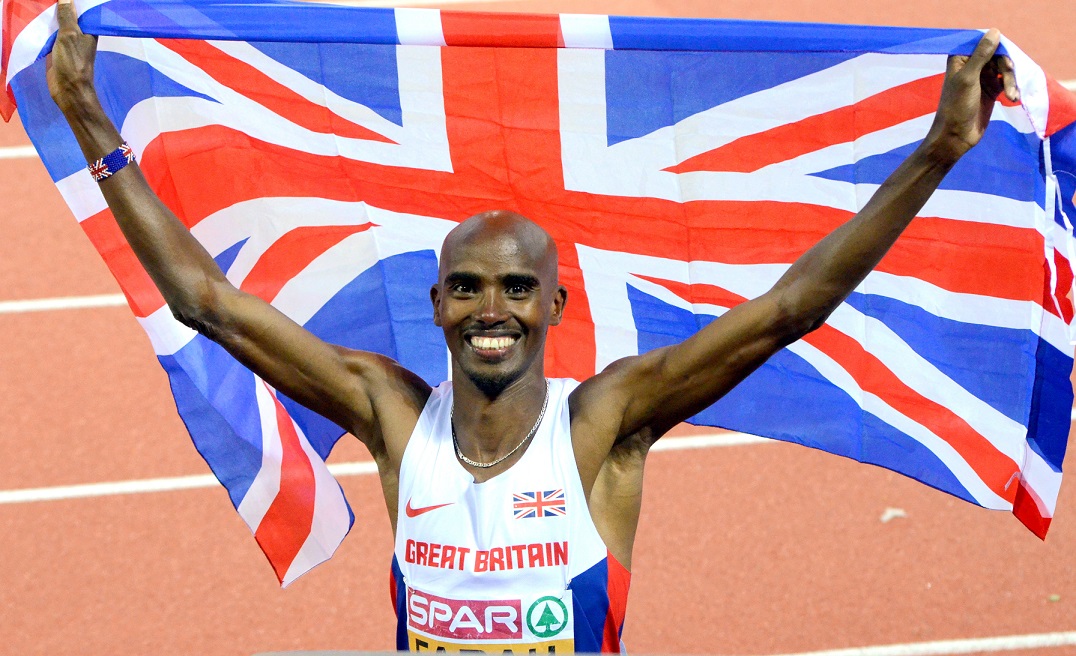How to Prepare for a Half Marathon
Many of us just like watching athletes perform from the safe distance – we watch them race from our couch, while at the same time browsing the internet for https://registrarse.cl/. However, some people like to step it up – and they actually want not only to watch their favorite athletes perform, but they want to run the race themselves. What first comes to mind is running a 5k race and then, a half-marathon. You’ve surely heard of how to prepare for the 5k race before, but how should you go on when it comes to preparing for a half marathon?!
Well… Look no further than this article!
Preparing for a half marathon is a great way to motivate yourself for training if you are a beginner at running.
With a proper training, almost anybody can run a half marathon, according to former Olympic runner Mark Coogan. The main idea is very simple: you should prepare your body for the long run, while at the same time avoiding burnout and injury.
Three-Mile Run
If you are a total beginner, start by building your way up to a three-mile run. To do that you should run at least 30 minutes, three times a week on weekdays, and use the weekend to work on your distance running. Once you are able to run three miles, you are ready to start your half marathon training plan. There are numerous training plans online that you can study to find the best one for you, but there are some features that all good training plans have in common.
 Training Plan
Training Plan
First of all, when applying for a half marathon, leave yourself enough time for training to actually be able to complete it by then. Here is how Coogan explains it for Runner’s World: “If you can run a 5K now, then you can run a half marathon in eight weeks. But the ideal plan is three to four months long, which gives you a buffer if you get sick, injured, or slammed at work.”
Also, keep in mind that it is important to stay committed to your training plan, but not for the price of injury. If you notice unusual pain, take a couple of days off from training until you feel better.
Gear and Fuel
Secondly, make sure you have a proper gear and fuel. When looking for running shoes and clothes you should aim at maximum comfort. Your breakfast and energy snacks should be rich in carbs and easy to digest. Always test these before the race to avoid bad surprises.
Cross-Training and Taper
A good training plan will include at least two shorter runs and two cross-training days when you should do other types of cardio exercises. Swimming and cycling are a good choice for cross-training. The most important part of your training is a long run, as well as a mandatory day off after the long run, that will give your body time to recover.
Finally, two weeks before the race you should reduce the intensity of training because that way you will be at peak energy on the big day.


